For Students
Undergraduate Students
Are you an undergraduate interested in joining the lab? We have now merged with the Early Experiences Lab. Visit the Early Experiences Lab for more information
Recommendation Letter Requests
Many students ask me for letters of recommendation for graduate school, medical school, study abroad programs, internships, and scholarship opportunities. I’m happy to do this and I enjoy writing letters for excellent students. Please do not be shy in asking – this is part of my job!
But before you ask me, first think about if I will be a strong letter writer for you. If I cannot write a good letter about you, I will likely hurt your application rather than help, given that most programs expect strong letters from their applicants. Whenever you’re asking for letters of recommendation, be sure to specify if the letter writer can write a strong letter of recommendation for you.
Before asking me to write a letter for you, please answer these questions for yourself, decide if I would be a good letter writer, and then provide the answers to me.
1. How well do I know you?
First, a good recommendation letter will have vivid details that show what an excellent student you are. In order for me to write a very good letter, I need to have examples of demonstrated excellence. Please tell me at least two examples of your demonstrated excellence in the classroom or in my lab. For example, describe a class discussion that you led. Or explain how a paper for my class opened your eyes to a particular research area. 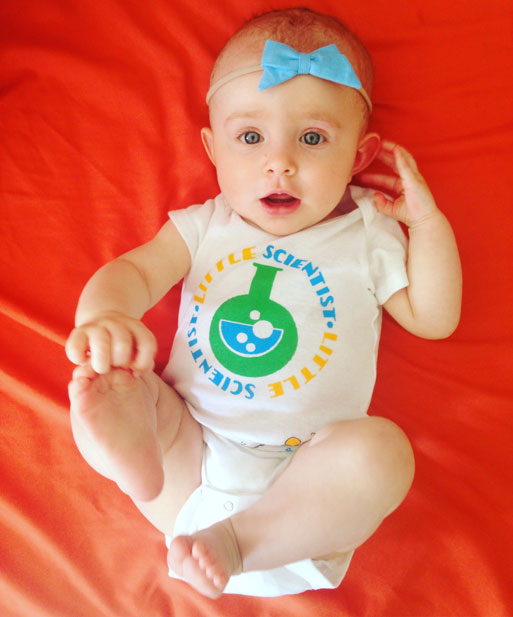 Then please tell me how many times we met in office hours or in the lab and any examples of demonstrated excellence from those office hour conversations.
Then please tell me how many times we met in office hours or in the lab and any examples of demonstrated excellence from those office hour conversations.
Second, there are many questions that I’ll have to answer about you. Almost all applications ask me to compare you to all other students that I’ve taught over the years. Others are very specific: “Describe a specific situation where you have observed the applicant using critical thinking skills or applied a new skill” or “How would you describe the applicant’s leadership skills?” or “Rate this student’s originality and intellectual creativity.” If I don’t know you well enough to speak to these questions, you probably should find someone who does to write a letter for you. Tell me the exact questions that recommenders are asked to answer. I may ask you to draft answers for these.
Third, have I read your writing? I will certainly be asked about your writing ability. I need to have read at least 10 pages of your original writing. Similarly, in my courses that are more team activity-based, it will be difficult for me to speak to your individual writing. If I have not read your writing but we had a close relationship in office hours, I am still willing to write a letter for you, but I will have to mention that I cannot speak to your writing ability.
2. How big was the class that you were in and what type of class was it?
If our only interaction was in a large lecture class or a large methodology class or a class that was driven by team/group activities, it will be harder for me to write a letter about you and answer questions about your skills and abilities. You may want to consider asking a faculty member that had you in a different type of class and can write about these things.
3. Did you do well in the class?
I will mention your overall grade (without extra credit) and grades on any major assignments in my letter. But merely receiving a good grade in my class is insufficient for a good letter that will help your application and get you into your desired program.
4. What do you want me to add to your application?
I need to know what specifically I can add to your overall application. Is it related to my research expertise? Were you a research assistant for me and you need to demonstrate a particular set of skills? Are you hoping for me to provide some information that other letter writers cannot? If there are particular details about our interactions that you want me to highlight, remind me of them.
If you answered those four questions satisfactorily, here are your next steps:
- Please give me as much advance notice as possible – three weeks at the minimum. And it is even better if you talk to me months before the letters are due about your possible need for letters.
- Include the following in your initial email: the semester and year and the name of the course(s) you took with me.
- If it has been more than a year since you took my course, please fill me in on what you’ve been doing since I last saw you.
- Tell me why you’re applying to this particular program.
- Email me a copy of your resume and a copy of the essay or personal statement for the program you’re applying to.
- Tell me exactly what you’re applying to so that I can address it properly in my letter. And give me a link to the program. “I highly recommend Steve Smith for your program” is not as good as “I highly recommend Steve Lee for the Duncan J. Watts Fellowship at the University of Waterloo.” If you’re applying to multiple graduate programs, please give me the list of all of them at once so that I can efficiently write your letters.
Hindsight is 20/20
I would love for students to think about recommendation letters earlier in their university careers. Try your hardest to enroll in smaller courses with tenure-track professors (versus graduate student instructors or adjunct professors or lecturers) – for better or worse, for graduate schools in particular, tenure-track professors’ letters carry more weight. Please go to office hours, even if you do not have a specific issue with course content. These are one of the few ways that faculty and students can get to know each other better.
Lab Photos
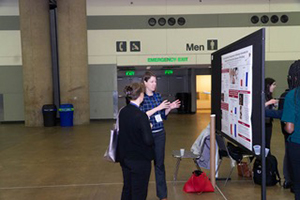
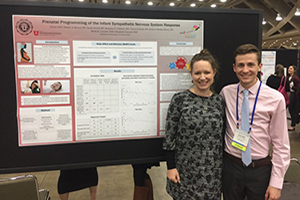
The CAN Lab at SRCD in Baltimore, 2019
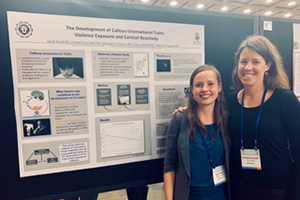
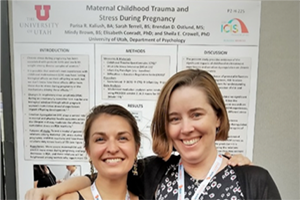
The CAN Lab at SRCD in Baltimore, 2019
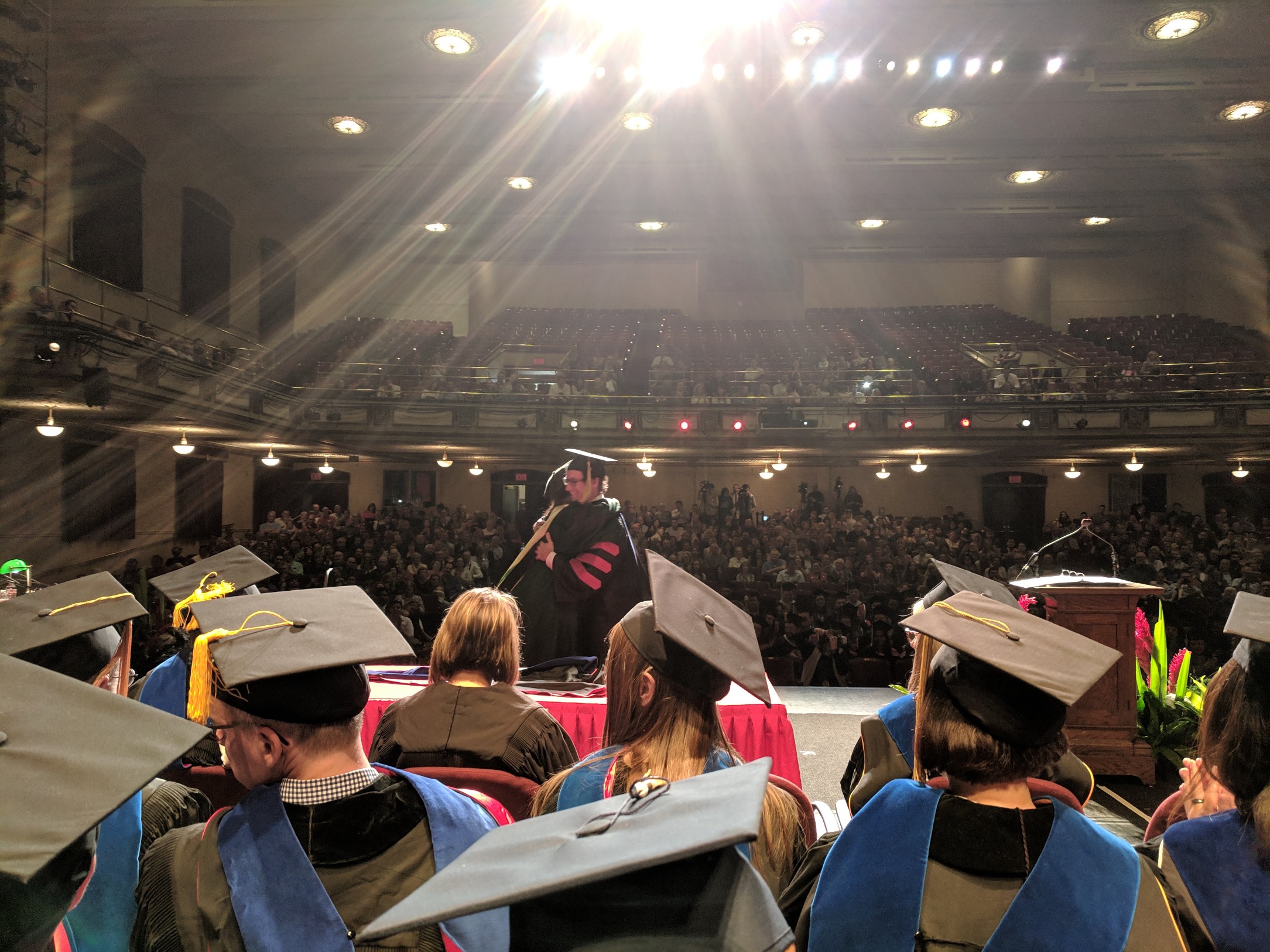
Brendan Ostlund receives his PhD!
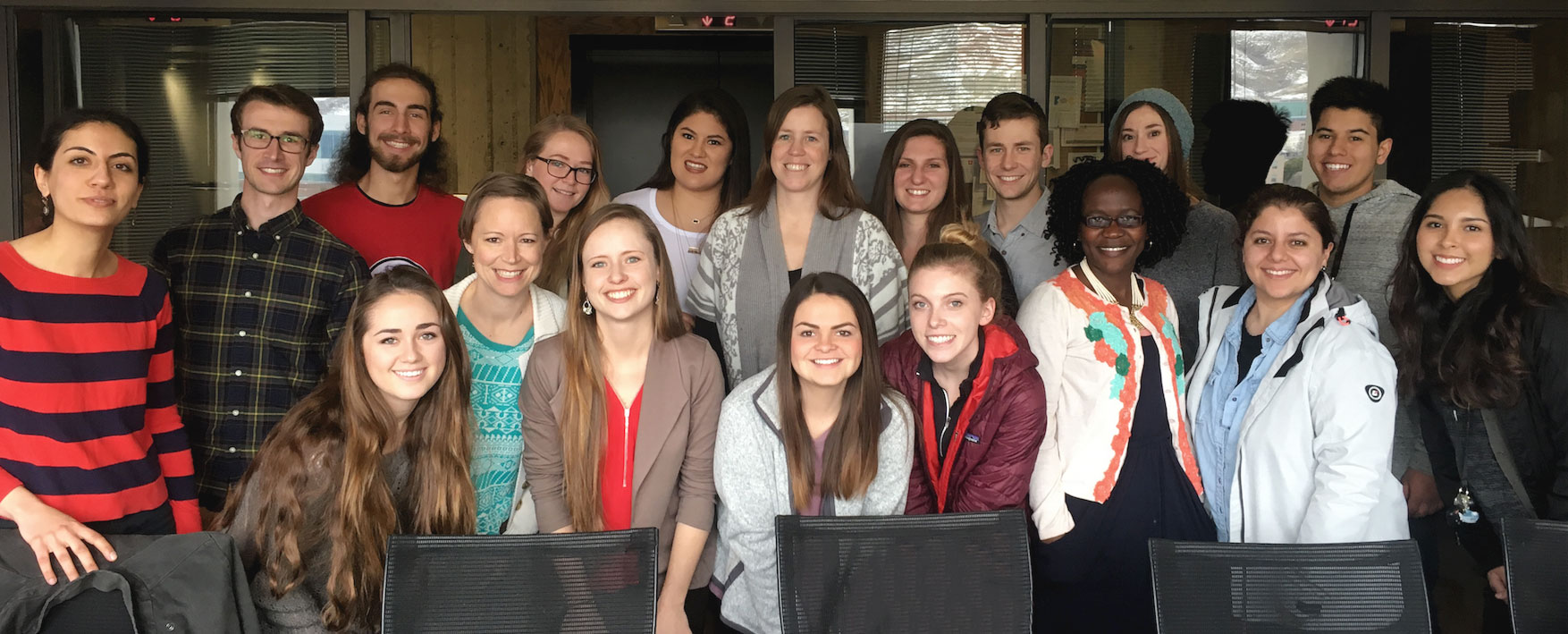
DNA Extraction From Placenta Samples! To date, the lab has collected 158 of 158 placentas needed for the BABY study!
CAN Lab 2016-2017

Liz with her graduate students, 2017-2018

DNA!

We love supporting future scientists! Amari Brown at her middle school science fair.
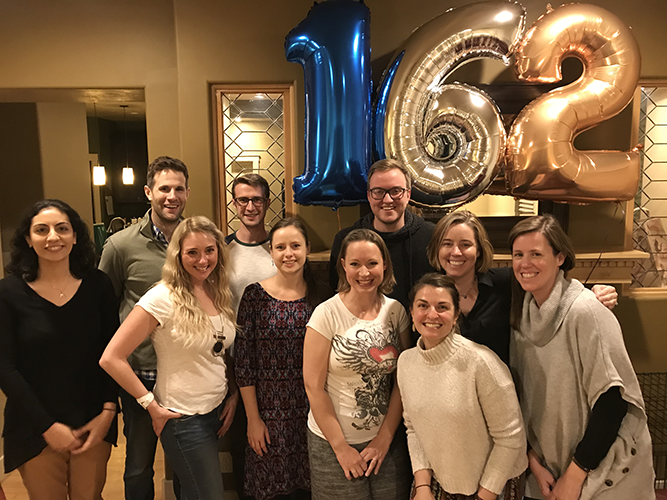
We finished recruitment for the prenatal portion of the BABY study! Celebrating with the lab and a chocolate fountain